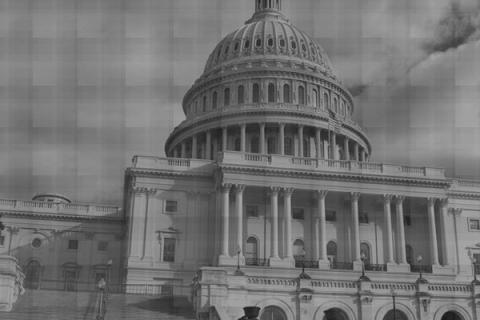California’s political climate is enigmatic. It is a roller coaster, topsy-turvy kind of state, or so says an op-ed in the Long Beach Press Telegram by Dan Walters.
Among the volcanic rumblings he brings to light are some the revolutionary moments in Californis voters’ relationship with their past legislatures. For example, the state’s voters gave their politicians the single digit hand gesture by enacting Proposition 13. This proposition limited property property taxes to a 1% cap and limited annual increases to 2%, according to the Howard Jarvis Taxpayers Association.
He then points out the increasing voters unafraid of reminding their politicians of who is in control. This came with imposing term limits on elected officials in the 1990’s. To note, it was the first time that California residents imposed term limits on their officials via a referendum. These term limits applied to the California Assembly, limiting them to a total of six years in the state legislature.
Voter anger over their politicians’ behavior never disappeared entirely. Governor Gray Davis had the opportunity to add the title of “Former” to the front of his name, compliments of voters coming out to elect the movie star governor.
Cycle after cycle of elections, voters repeatedly reprimanded their leaders’ incompetent manner of handling the state’s problems. Progressively, budgetary matters were the key issue that drove voter anger. The economy went from bad to worse. Job after job left the state because of the sour economic climate.
If there’s anything to be learned from assessing the several years of political anger directed toward the California legislature, it’s that even the nation’s most notoriously liberal voters won’t accept subpar performance from their representatives.
This no-nonsense approach seems to be rearing its ugly head in Senator Barbara Boxer’s reelection campaign in 2010. Boxer does not have the limitations of being confined by term limits. However, that does not mean that she is exempt from voter discontent.
Boxer’s serious challenge from her Republican competitors has turned into a grave situation for her political future. Congressional Quarterly Online has changed its rating of the California Senate race, shifting it from “Likely Democratic” to “Leans Democratic”. This category classifies the race as an increasingly competitive one. Additionally, other polls cited in the same Congressional Quarterly article note that Boxer’s lead is shrinking.
If anything, the concept of term limits will play out in principle in November, even though it may not exist in the law. However, voters in all likelihood will be the "term limiters" that might just make their presence known.
What’s more is that the role of the California independent voter is continually increasing and will have a sizable impact in the next election.
